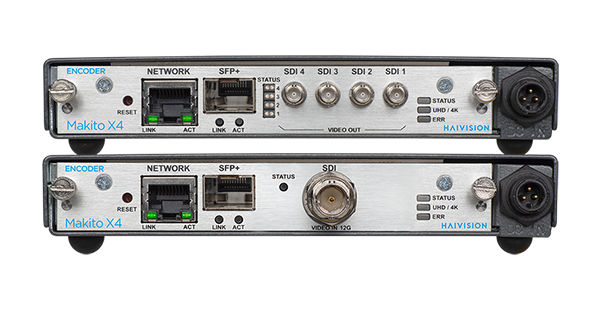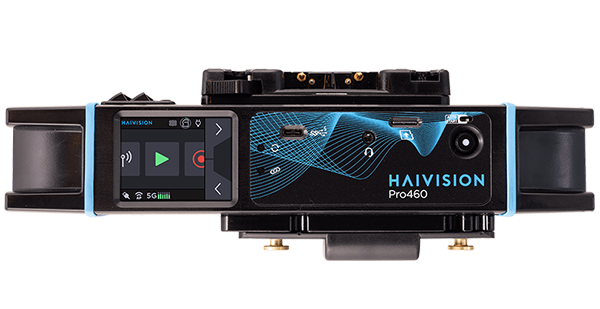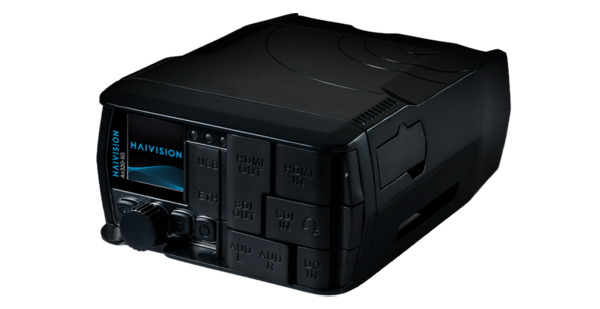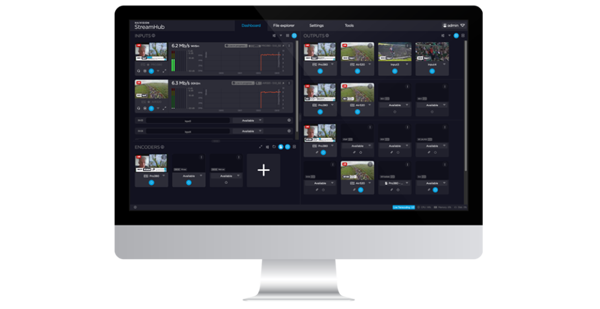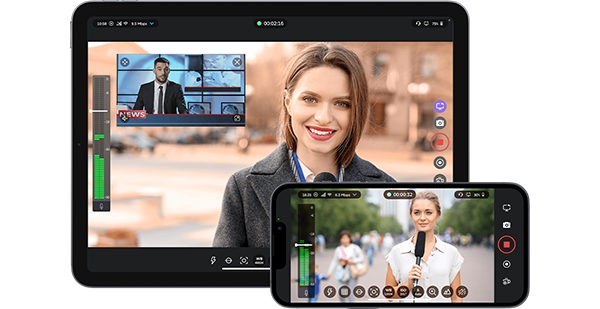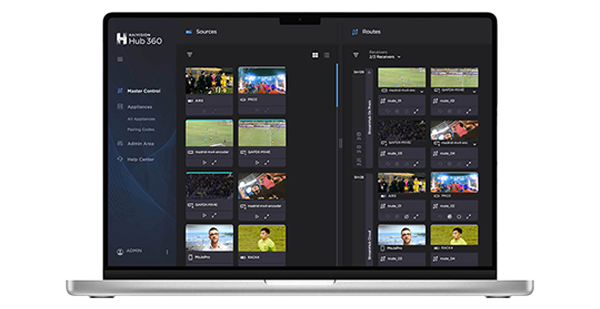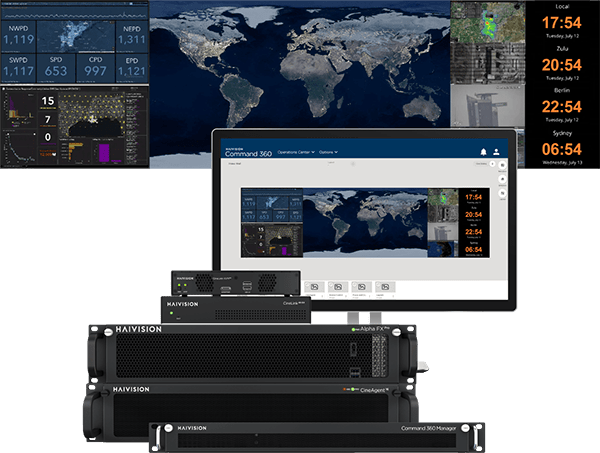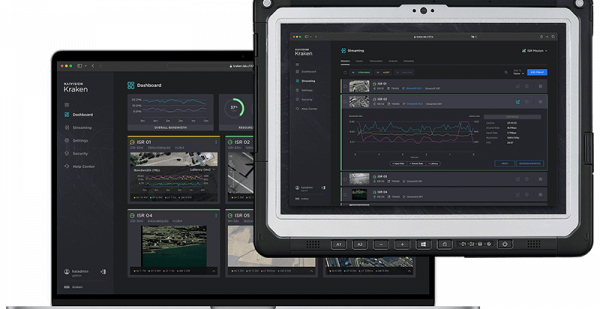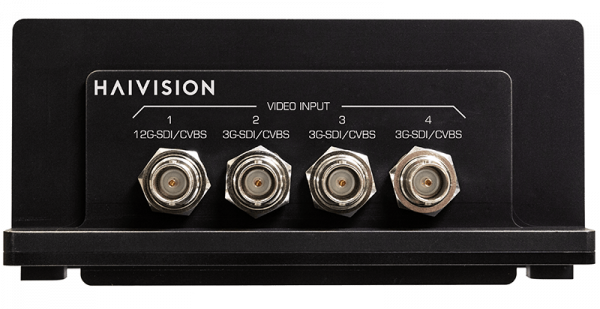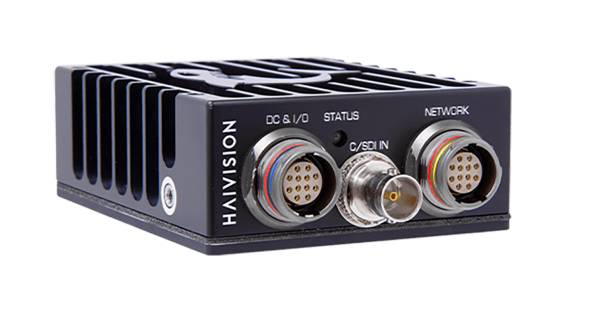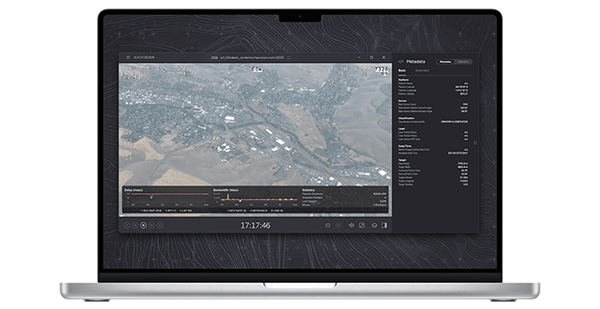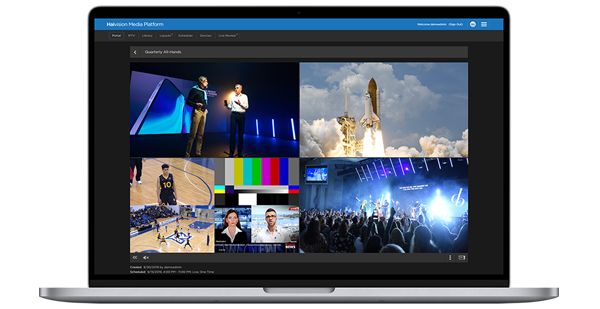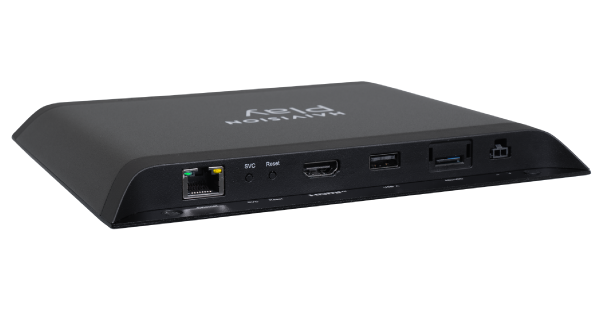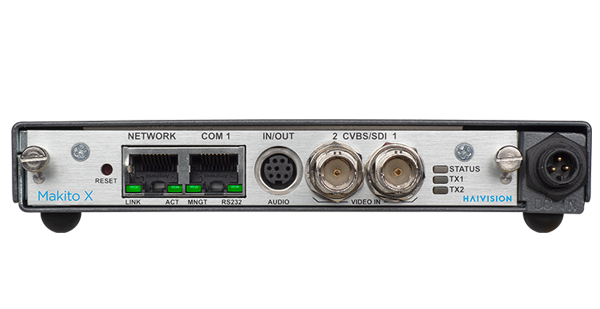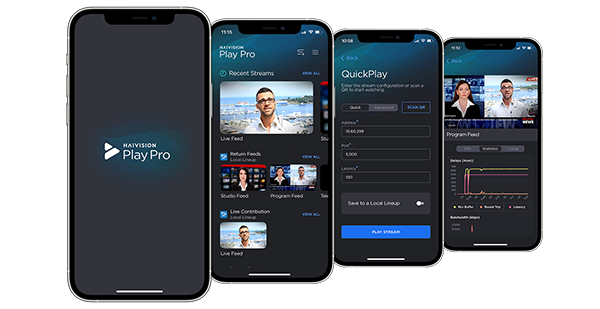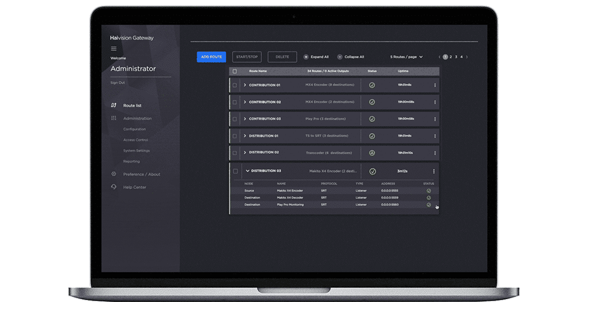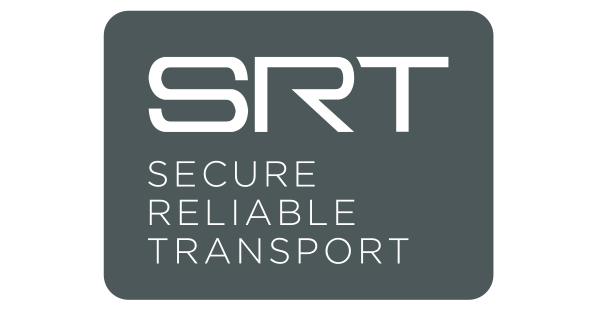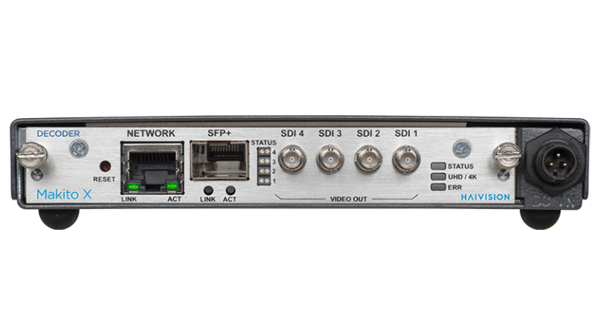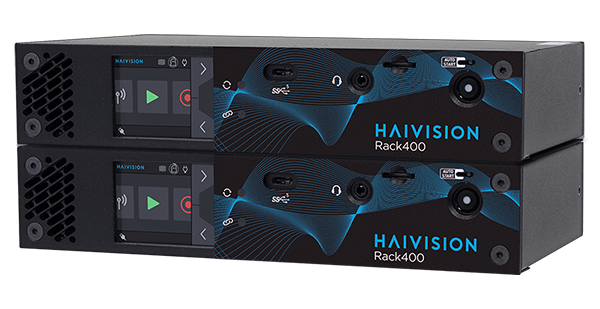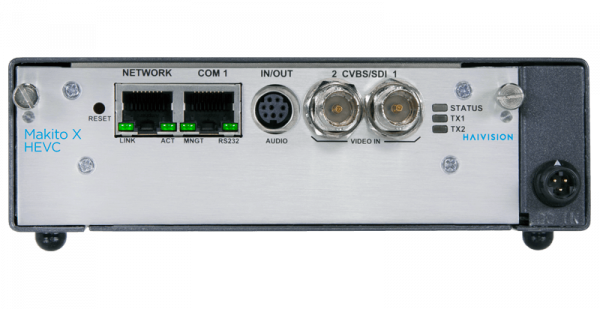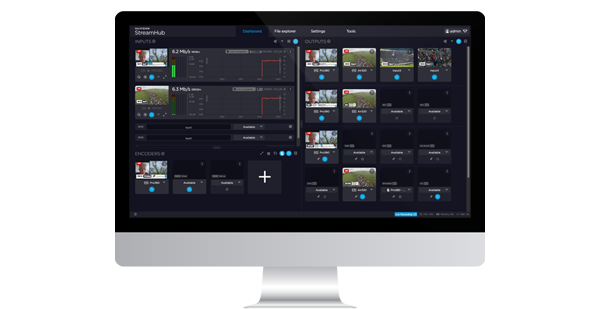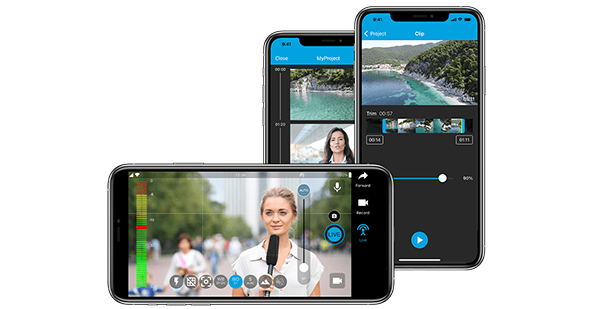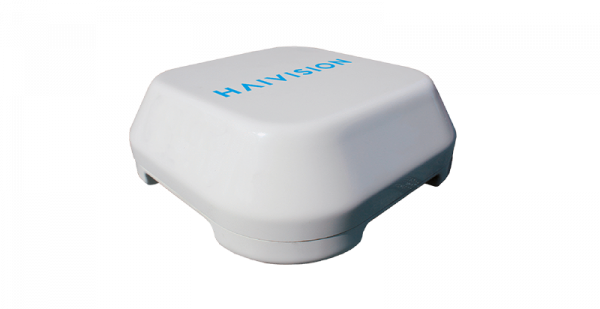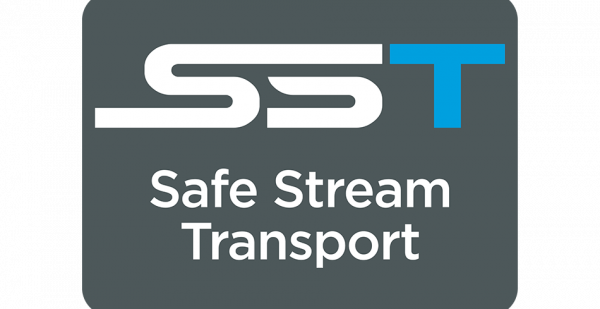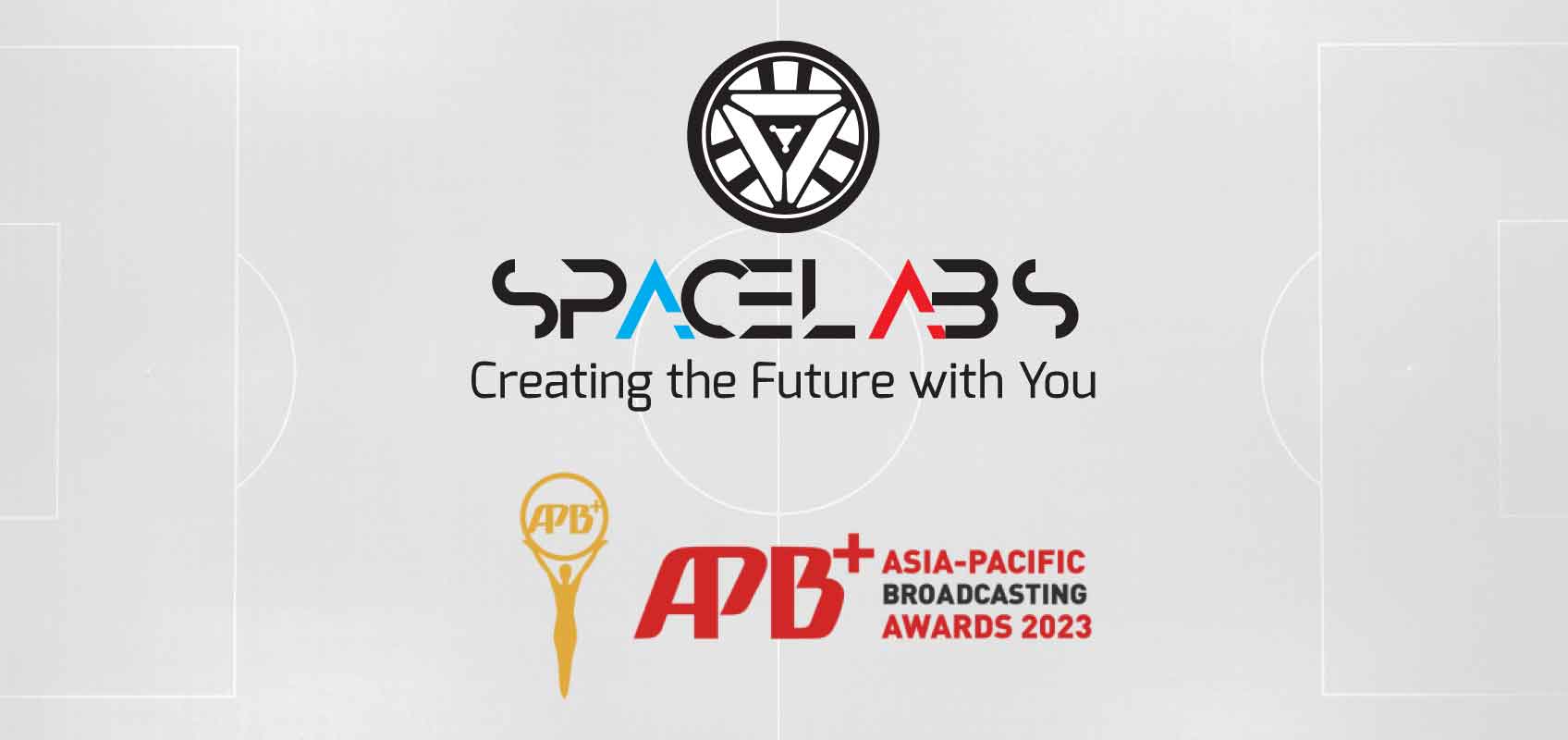Haivision is excited to announce that on June 8, 2023, its customer, SpaceLabs, won the Innovation Award for Sports Broadcasting – Malaysia at the inaugural Asia-Pacific Broadcasting+ Awards! The winning project entailed a remote production workflow that demonstrated innovative practices, powering live broadcast production for the Malaysian Football League with Haivision live video technology.

 Asia-Pacific Broadcasting+ Awards
Asia-Pacific Broadcasting+ Awards
“I am humbled here and would like to thank my technology partner, Haivision, and the clients, especially the Malaysian Football League, Football Association of Malaysia, and our Host Broadcast Partners Astro and Radio Television Malaysia – everyone who took the leap of faith with me in our innovative implementation. Of course, I owe gratitude to my great team back in the office and our engineering and production team, with great recognition from management who believed in this vision of ours to break the glass ceiling and debunk the conservative and skeptical perception towards remote production. We are grateful to be able to implement an innovative project for remote production during the pandemic.”
D. Brandon Ching, SpaceLabs’ Managing Director
About the Project
In January 2021, the Malaysian Football League contracted SpaceLabs to produce approximately 432 matches a season comprising two leagues, three knock-out challenge cups, and one charity season-kickoff event cup. To meet the requirements of the project sustainably, SpaceLabs shifted from a workflow using OB trucks and a large field crew to a REMI production model which leveraged Haivision’s mobile video encoders and video distribution platform, StreamHub.
Malaysia’s public internet has traditionally posed challenges in terms of instability, such as speed fluctuations and disconnections, challenges that SpaceLabs’ new REMI solution would counter. By creating a remote solution that delivered high-quality broadcasts despite slower, unstable network speeds, SpaceLabs’ project supported the national vision for Malaysia to become an economic accelerator and technology incubator. At the time, national plans for Digital Transformation and 5G implementation inspired SpaceLabs to envision a plan where it could become a catalyst for 5G network implementation.
On a given game day, SpaceLabs’ five-camera crew was supported by Haivision Rack300 and Rack200 mobile video encoders which can transmit streams over IP and satellite links as well as over mobile networks including 5G with Haivision Quad CellLink active antennas and the Safe Streams Transport (SST) protocol for cellular bonding. For transmissions, Haivision Air 220, Pro 360, and Pro 460 mobile transmitters were used at the venue. For distribution of world feeds from its IBC, SpaceLabs uses the SRT Gateway with Makito X4 encoders and decoders. Having adopted a remote production model, SpaceLabs relied on Haivision StreamHub to receive, decode, and distribute live video streams at the production facility.
Taking the leap from OB trucks to REMI production in this region is less common, as veteran broadcast system engineers tend to be skeptical about remote technology with a firm belief in leveraging proven-traditional/conventional transmission methods such as satellite delivery and stability of feeds, as compared to a full venue production with multi-camera production fly away kits. Haivision is delighted to be a technology partner for SpaceLabs’ early use-case study that demonstrates the potential and purpose of remote production.

